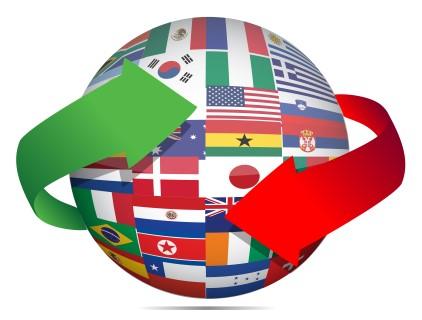
US-China trade war will divert trade and investment to ASEAN: analyst
Vietnam, Thailand, Cambodia and Malaysia may benefit the most.
Countries part of the Association of Southeast Asian Nations (ASEAN) will benefit from the US-China trade war which will divert trade and investment to the region in a bid to circumvent the high tariff walls, according to a report by Maybank Kim Eng (Maybank KE).
In particular, Vietnam, Thailand, Cambodia and Malaysia may benefit as multinational corporations (MNCs) and Chinese firms build new plants and expand their capacities.
“Vietnam appears to be capturing the lion’s share of the shifting supply chains and is often cited as a ‘mini China’ and production alternative to China,” Maybank KE’s analysts said.
Also read: APAC leads total global venture capital investments in Q3
Newly registered manufacturing foreign direct investment climbed 19% in the first 10 months of 2018, the report revealed. In Thailand, net FDI in H1 reached US$6.9b or 86% of the amount seen in 2017.
“Even the Philippines, which is not widely perceived as a manufacturing base, saw healthy manufacturing FDI growth in the first eight months of 2018,” the analysts added.
Meanwhile, the push for greater free trade pacts such as the Comprehensive and Progressive Agreement for Trans-Pacific Partnership (TPP-11) may give some ASEAN countries an advantage, namely Vietnam, Malaysia, Singapore and Brunei, to attract FDI and benefit from shifts in the supply chain. The TPP-11 is a free trade agreement between Australia, Brunei, Canada, Chile, Japan, Malaysia, Mexico, New Zealand, Peru, Singapore and Vietnam and is expected to go into force in mid January 2019.
Likewise, the report noted how the China-led Regional Comprehensive Economic Agreement (RCEP) is still under negotiation which also supports the supply chain shift towards ASEAN.
Also read: 9 in 10 ASEAN corporates have the most bullish trade outlook in the world: report
According to the analysts, China’s exports may collapse in early 2019 given the signs of frontloading ahead of the US tariff hike to 25% from 10% on 1 January.
“Impact estimates from the International Monetary Fund (IMF) and Asian Development Bank (ADB) suggest that a full-blown trade war can shave as much as 1.6% points off China’s gross domestic product (GDP) growth and 0.9% points off US GDP growth annually over the next two years,” the report highlighted.
Northeast Asia is projected to be harder hit than ASEAN as a result because of its interconnected supply chain and trade dependency on China. For ASEAN, most models show that the region will benefit over the longer term from diversion. However, ASEAN’s net gains are far smaller than China’s loss, the analysts noted.
“Companies need time to shift their production arrangements and set up new plans to optimise against higher US and China tariffs,” the analysts said. “The existing China-centred supply chain network will gradually break up and become more dispersed across Asia.”
























 Advertise
Advertise









